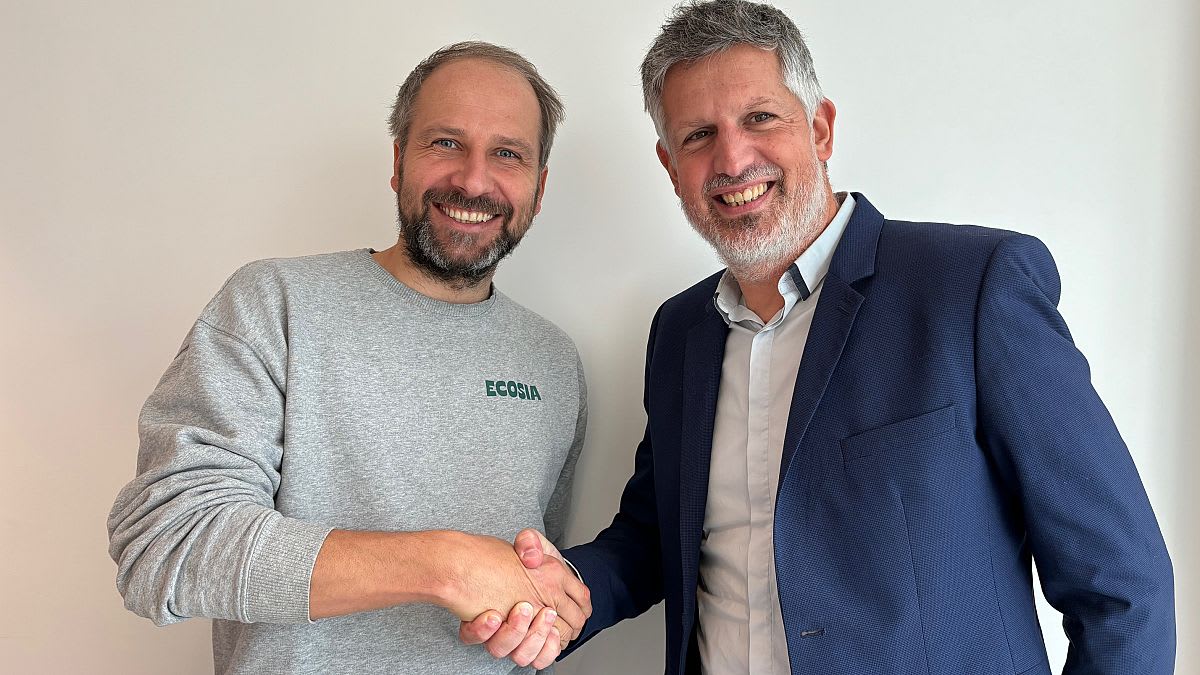
I recently stumbled upon some exciting news about a new search engine called European Search Perspective (EUSP), which is set to launch in 2025. This initiative is a collaboration between Ecosia, the eco-friendly search engine known for planting trees with its profits, and Qwant, a French search engine that prioritizes user privacy. As someone who cares deeply about both the environment and digital privacy, I couldn't help but feel a surge of optimism about what EUSP represents.
In a world where Google seems to dominate every aspect of our online lives, the idea of a European search engine that champions both sustainability and privacy feels refreshing. It’s like a breath of fresh air in an otherwise crowded digital landscape. The fact that EUSP will be operational in both German and French adds to its appeal, making it accessible to a wider audience while reinforcing the importance of local languages and cultures in technology.
What really stands out to me is the commitment to digital sovereignty. The European Union has been vocal about wanting to reduce reliance on foreign tech giants, and EUSP seems to embody that vision. By creating an independent search index, this partnership not only aims to provide users with an alternative but also seeks to ensure that European values—like data protection and environmental responsibility—are at the forefront of digital innovation. It’s about time we had options that align with our ideals!
I can’t help but think about how much we’ve come to accept the status quo when it comes to search engines. We often overlook the implications of using platforms that may not prioritize our privacy or the planet's health. With EUSP, there’s a chance for a shift in how we approach online searching—a move towards something more ethical and sustainable. Imagine using a search engine that not only respects your data but also contributes positively to the environment!
Olivier Abecassis, the CEO of EUSP, seems like the right person to lead this charge. His background in telecommunications and his experience with Qwant suggest he understands both the technological landscape and the importance of user-centric design. I’m curious to see how he’ll navigate the challenges ahead, especially in attracting more partners and investors who share this vision.
As we move closer to 2025, I find myself feeling hopeful about the future of online searching. EUSP could be a game-changer, offering us an alternative that reflects our values rather than just serving up results based on algorithms designed to maximize profit. It’s a reminder that we can demand better from our digital tools—tools that respect our privacy and contribute positively to our world.
Speaking of alternatives, I’ve been diving into Perplexity AI lately, and my experience has been quite refreshing. Unlike traditional search engines like Google, Perplexity offers a more tailored and specialized search experience that really resonates with me. It’s designed to understand natural language queries better, which means I often get the precise information I’m looking for without sifting through endless links.
What stands out is how Perplexity combines the efficiency of a search engine with the conversational flair of AI. It’s like having a knowledgeable friend who can quickly pull up relevant facts and cite sources right there in the response. This is a game-changer for anyone who values accuracy and clarity in their searches. I’ve found it particularly useful for academic inquiries or niche topics where traditional search engines can sometimes fall short.
While Google has its strengths, especially with its vast data and integration across services, I appreciate that Perplexity focuses on providing succinct answers rather than overwhelming me with options. It feels more like a dialogue than a search, which makes the whole process much more engaging.
As we continue to explore these new tools, I’m excited to see how both EUSP and Perplexity evolve. The competition they bring to the table shows that there’s room for innovation in the search engine space, and it’s nice to have alternatives that align more closely with my values—especially when it comes to privacy and getting straight to the point. If you haven’t tried Perplexity yet, I highly recommend giving it a shot; it just might change how you approach searching online!
So here’s to hoping for a successful launch of EUSP! I’m looking forward to exploring what it has to offer when it finally goes live. In the meantime, let’s keep supporting initiatives that prioritize sustainability and privacy in our digital lives because every small step counts towards creating a better online ecosystem for everyone!